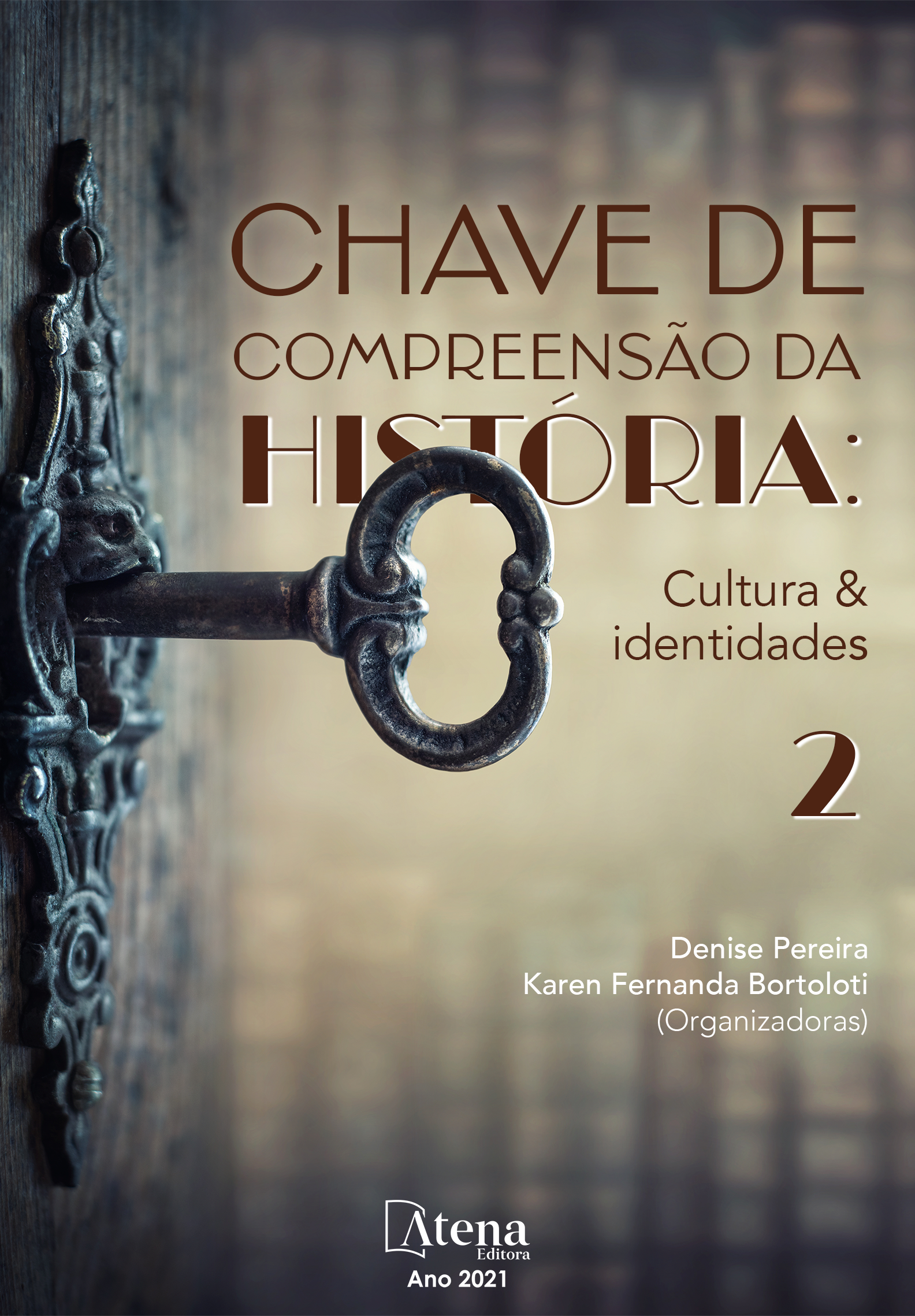
JOSEPH RATZINGER E LEONARDO BOFF: ALGUNS PONTOS DE APROXIMAÇÃO E DISTANCIAMENTO
Atualmente, desenvolvemos uma pesquisa aceca das interpretações sobre o Concílio Vaticano II, presentes em escritos publicados pelos teólogos Joseph Ratzinger, atual Papa Emérito Bento XVI e Leonardo Boff, teólogo e filósofo expoente da Teologia da Libertação. Este artigo é resultado de uma comunicação apresentada no Simpósio Nacional de História de 2021, realizado pela Associação Nacional dos professores Universitários de História (Anpuh). Na oportunidade discutimos alguns pontos de aproximação e distanciamentos entre os dois pensadores cristãos. Nas fontes estudadas há entre os autores, espaços para o diálogo, pluralismo no interior da religião cristã e fora dela. A Igreja Católica é reconhecida como povo de Deus e corpo místico de Cristo. Todavia, o que os separa é a perspectiva que ambos possuem em relação a origem da autoridade e organização da instituição. Ratzinger, afinado com a ortodoxia, defende princípios inegociáveis - entre eles - o poder delegado por Jesus aos apóstolos, posteriormente associados à hierarquia sob controle do Papa e seus assessores mais próximos. Ainda que seja uma hierarquia, a Igreja Católica para o teólogo alemão, não deve ser uma mera cumplice do poder temporal e desvinculada do serviço ao mundo, aliás, em certos aspectos, é dever de seus membros, a subversão ao poder terreno em razão da fidelidade à sua missão. Já Boff, sem desconsiderar os temas anteriores, reivindica também a concepção do Jesus histórico, e a tradição comunitária e colegial das primeiras comunidades cristãs. Em nome desta tradição apostólica, reivindica como dever moral da Igreja – em nome de sua fidelidade aos evangelhos – o serviço aos pobres e dignificação da humanidade.
JOSEPH RATZINGER E LEONARDO BOFF: ALGUNS PONTOS DE APROXIMAÇÃO E DISTANCIAMENTO
-
DOI: 10.22533/at.ed.4892114127
-
Palavras-chave: Igreja, hierarquia, povo de Deus.
-
Keywords: Keywords: Church. Hierarchy. People of God.
-
Abstract:
Lately, we have been doing some research on the interpretations about the Second Vatican Council conveyed in writings by theologian and Pope Emeritus Benedict XVI, and by philosopher and theologian Leonardo Boff, who is an exponent of the Theology of Liberation. This article is the result of a lecture given in the 2021 Simpósio Nacional de História, held by the National Association of University History Teachers (Associação Nacional dos professores Universitários de História, Anpuh). Its discussions surround some approximation and distancing points between these two Christian thinkers. In the studied sources, there is room for dialogue and pluralism between them both, within and out of the Christian religion. The Catholic Church is recognized as the People of God and the Mystic Body of Christ. However, what separates them is the perspective that they have in relation to the origin of its authority and the organization. In line with the orthodoxy, Ratzinger stands for unnegotiable principles; among them is the power delegated by Jesus himself to the apostles, and later on, associated with the hierarchy under the leadership of the Pope and his closest assessors. To the German theologian, despite being a hierarchy, the Catholic Church should not be a mere accomplice to the temporal power and detached from the service to the world, in fact, being faithful to its mission. As for Boff, also considering those same topics, he claims the conception of a historic Jesus, and the community and collegial tradition from the first Christian communities. In the name of that apostolic tradition, he claims, as the Church’s moral duty – in name of its fidelity to the Gospel –, the service to the poor and dignification of humanity.
-
Número de páginas: 18
- Danillo Rangell Pinheiro Pereira


